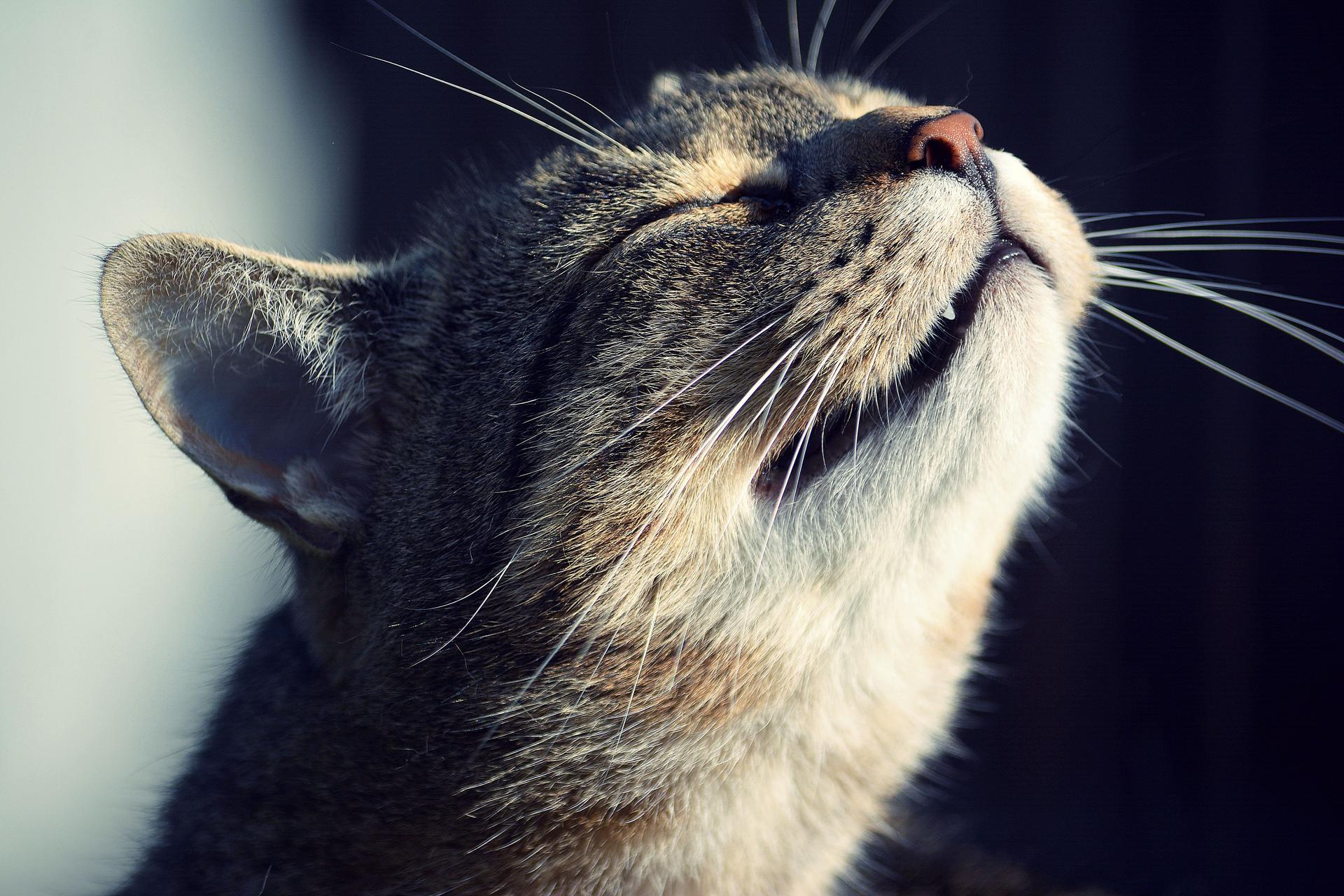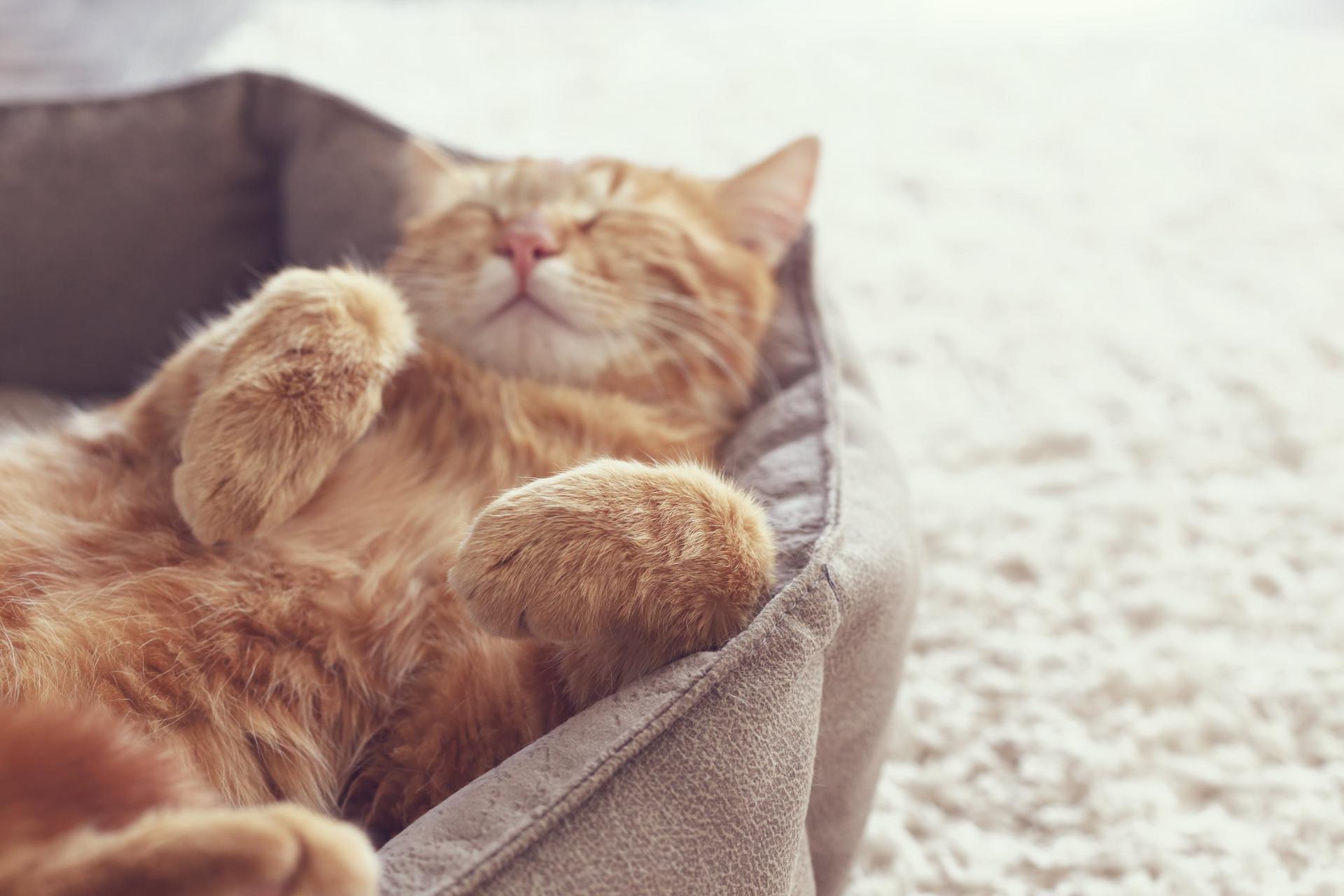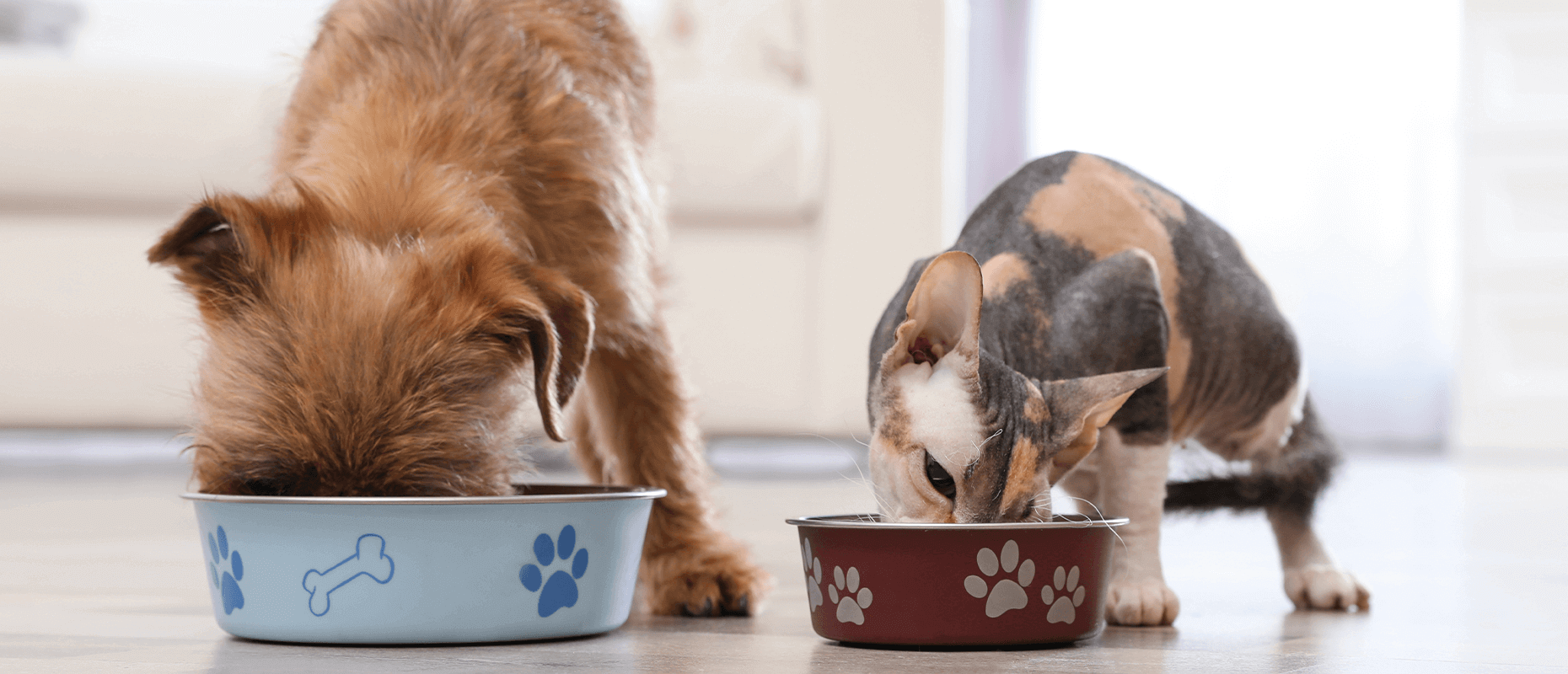Why are cat noses important? Why is it so sensitive?

Cats who are cute friends with elegant heart shapes and tiny nostrils have some strong skills. Cats' noses, which we can call the most important sense organs, are sensitive enough to distinguish their mothers' scents from the moment they are born, even before their eyes are opened. Noses that can smell better not only from humans, but even dogs are a very important organ for cats.
Sensitivity of cats' noses
Cats are born with a highly developed sense of smell. Our little friends have approximately 200 million olfactory receptors. Although dogs in general are thought to have the best sense of smell, most dog breeds are not even close to this number. These receptors in cats allow them to determine whether food is edible or poisonous, except that it directs them to hunt. This nose can tell them where you are and help them find their way home if they get lost. That is why it is extremely important that the products we use around our best friends whose noses are so sensitive are nose-friendly.
Cats' reaction to smells
Having such a sensitive nose can be uncomfortable at times, as well as advantages. Products with intense smell and chemical content, such as dirty cat litter and containers, perfume and cleaning products, can affect these best friends more when we compare them with ourselves. Especially products such as bleach used in household cleaning or surface cleaners with intense perfume smell can be extremely uncomfortable for cats. Sholk Stain and Bad Odor Remover Surface Cleaner and Spray Surface Cleaner products help your best friend breathe comfortably while not containing chlorine. In addition to being hypoallergenic, it prevents irritation and irritation. In the same way, Sholk Bleach has these features, while it is tongue, paw and respiratory friendly, as well as nose friendly, so its smell does not bother you when using it.
What cat noses tell them?
Cats can easily handle tasks such as hunting thanks to their noses. Apart from these, their noses can tell them a lot about their surroundings. Urine and fecal odors from other animals and cats can tell them who is in their territory. Thanks to these smells, they can understand the gender of the cats around them or whether they are ready to mate. With their noses, they can tell if something is intruding into their area. Cats have very few taste buds on their tongues, so it's smell rather than taste that stimulates hunger. In fact, cats with respiratory infections or other nasal congestion sometimes stop eating because they do not get hungry if they cannot smell their food.
What cat noses tell us?
Each cat's nose has its own indentation-protrusions and bumps. Just like human fingerprints, cat noses are not alike. Factors such as dryness, wetness or discharge in the noses of cats can tell you things about the health of your cat.
In general, a cold and slightly nose indicates that you have a healthy cat. This may differ in cats as dryness and wetness may change during the day. Runny nose can indicate the presence of infection, disease or a problem that irritates the cat's nose. A colorless discharge accompanied by sneezing can indicate a respiratory infection. It may be necessary to contact a veterinarian before this becomes more severe. While a dry nose can indicate dehydration or fever, spending time next to a heat source can also be one of the reasons for having a dry nose. Pale-looking noses can indicate anemia, and taking your cat to the vet to see if there is anything else wrong will help you solve it.
Sensitivity of cats' noses
Cats are born with a highly developed sense of smell. Our little friends have approximately 200 million olfactory receptors. Although dogs in general are thought to have the best sense of smell, most dog breeds are not even close to this number. These receptors in cats allow them to determine whether food is edible or poisonous, except that it directs them to hunt. This nose can tell them where you are and help them find their way home if they get lost. That is why it is extremely important that the products we use around our best friends whose noses are so sensitive are nose-friendly.
Cats' reaction to smells
Having such a sensitive nose can be uncomfortable at times, as well as advantages. Products with intense smell and chemical content, such as dirty cat litter and containers, perfume and cleaning products, can affect these best friends more when we compare them with ourselves. Especially products such as bleach used in household cleaning or surface cleaners with intense perfume smell can be extremely uncomfortable for cats. Sholk Stain and Bad Odor Remover Surface Cleaner and Spray Surface Cleaner products help your best friend breathe comfortably while not containing chlorine. In addition to being hypoallergenic, it prevents irritation and irritation. In the same way, Sholk Bleach has these features, while it is tongue, paw and respiratory friendly, as well as nose friendly, so its smell does not bother you when using it.
What cat noses tell them?
Cats can easily handle tasks such as hunting thanks to their noses. Apart from these, their noses can tell them a lot about their surroundings. Urine and fecal odors from other animals and cats can tell them who is in their territory. Thanks to these smells, they can understand the gender of the cats around them or whether they are ready to mate. With their noses, they can tell if something is intruding into their area. Cats have very few taste buds on their tongues, so it's smell rather than taste that stimulates hunger. In fact, cats with respiratory infections or other nasal congestion sometimes stop eating because they do not get hungry if they cannot smell their food.
What cat noses tell us?
Each cat's nose has its own indentation-protrusions and bumps. Just like human fingerprints, cat noses are not alike. Factors such as dryness, wetness or discharge in the noses of cats can tell you things about the health of your cat.
In general, a cold and slightly nose indicates that you have a healthy cat. This may differ in cats as dryness and wetness may change during the day. Runny nose can indicate the presence of infection, disease or a problem that irritates the cat's nose. A colorless discharge accompanied by sneezing can indicate a respiratory infection. It may be necessary to contact a veterinarian before this becomes more severe. While a dry nose can indicate dehydration or fever, spending time next to a heat source can also be one of the reasons for having a dry nose. Pale-looking noses can indicate anemia, and taking your cat to the vet to see if there is anything else wrong will help you solve it.



